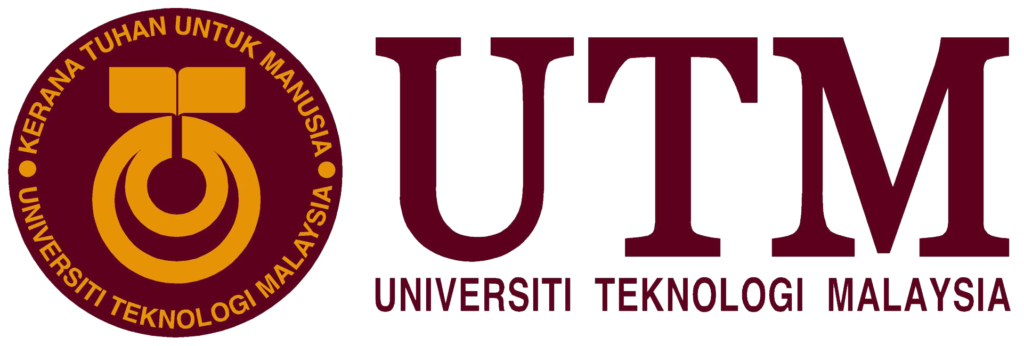Proton’s recent announcement of its new GDI and TGDI engine line-up is certainly a statement of intent for the national carmaker. While the engines’ technical specifications and performance certainly does hold a lot of promise, it is also dependant on the type of fuel that goes into the combustion chamber. So the question is, will the current fuel grades in Malaysia be compatible with Proton’s upcoming engines?
Gasoline (petrol) direct injection technology is generally more sensitive towards fuel quality. The use of lower-quality, higher sulphur fuels will pollute the more advanced catalytic converters used on newer GDI engines – required as modern lean-burning direct-injection engines inherently produce higher nitrous oxide (NOx) pollutants – which will “poison” them, rendering them useless.
In Malaysia, consumers have access to three separate types of petrol – Euro 2M RON 95, Euro 4M RON 97 and Euro 4M RON 100. With a large majority of Malaysians preferring the more affordable of the bunch – Euro 2M RON 95 – will its usage have any adverse implications on Proton’s new engines? According to Proton’s chief technology officer Abdul Rashid Musa, who spoke exclusively to paultan.org, the short answer is no – Euro 2M RON 95 fuel will work fine with its new engines.
Proton is also in continued discussions with its development partner, Ricardo on the RON requirements for the engine in different markets. Given that Proton’s GDI/TGDI engines are Euro 6c-compliant, exporting their cars is certainly part of their plans.
Rashid added that in some markets with even lower fuel quality, the company will continue using the current VVT engines. “That’s why we’re still maintaining our VVT engine,” he said. “Even some markets in the Middle East are still using RON 82.”
“Markets are so diverse. Developing countries might not have that quality of fuel so we might not be able to put a high technology engine in that market – even in Malaysia as well. But currently, our engines can go as low as RON 88, and up to RON 105,” he added.
In conclusion, should you be worried? Well, no. Apart from the fact that the engines are capable of running Euro 2M RON 95, the first production application of the new engines is only slated to come into the market in 2018, while Euro 4 RON 95 is gazetted to go on sale in Malaysia from October 2018. Therefore, the new engines shouldn’t be an issue to consumers.
The post Will Proton’s new GDI/TGDI engines run on RON 95? appeared first on Paul Tan's Automotive News.







